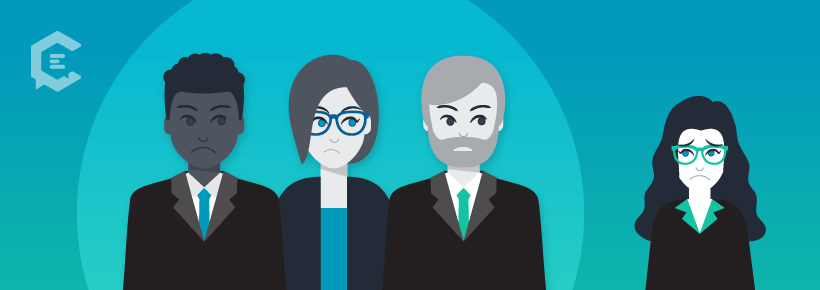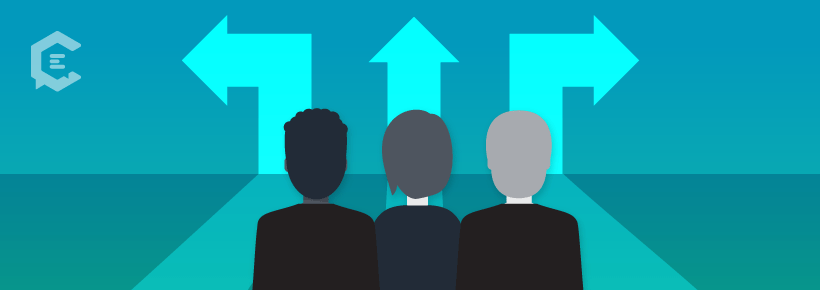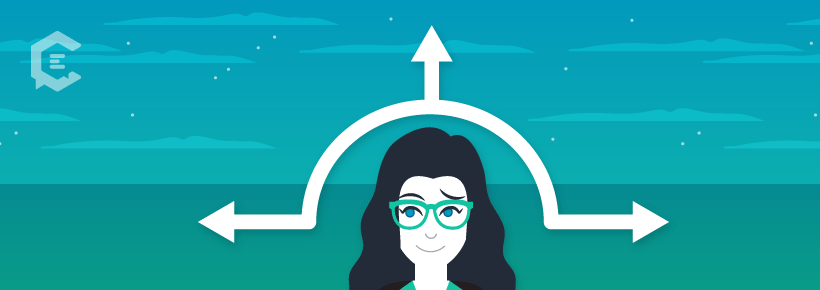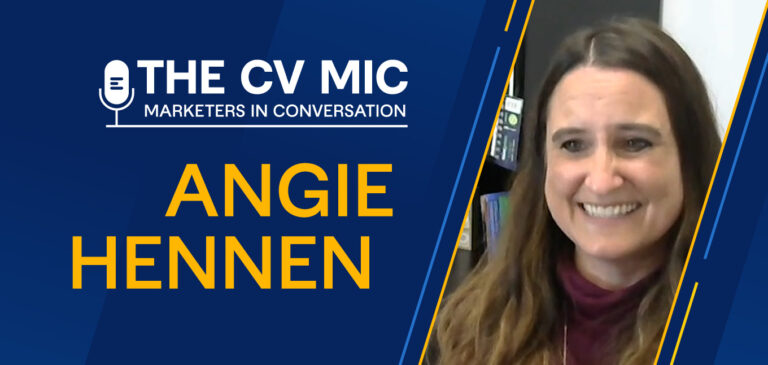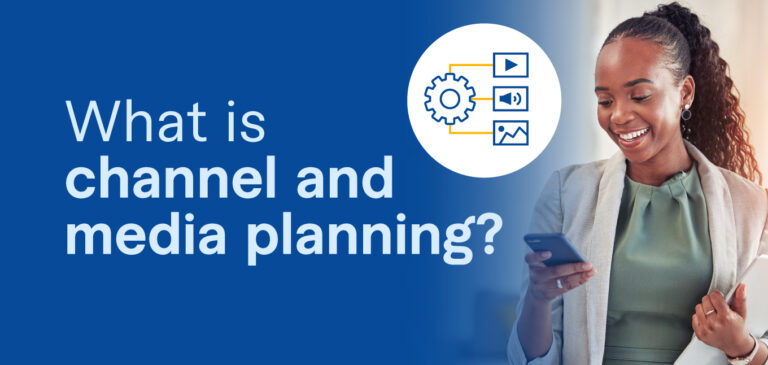Hundreds of articles have been written about how isolation and lack of structure affect freelancers and remote workers. Co-working was basically invented to help folks feel surrounded by office culture even when they don’t have any physical coworkers. But maybe we’ve been looking at it all wrong.
No one likes office politics, but research backs up how they can foster counter-productivity.
An independent study conducted by Massachusetts Institute of Technology researchers in 2014 came to the conclusion that pack mentality may actually hinder people’s ability to take responsibility and act with integrity toward people outside the pack. Meanwhile, more recent findings from the U.S. Army Research Lab show that certain people are less able to think objectively and form their own opinions when they’re being influenced by a group.
Of course, office politics are nothing new. Who hasn’t at some point chafed at the rituals, imposed structures and interpersonal struggles that come within corporations and bureaucracies? But these new findings go beyond identifying inefficiencies in corporate structure. They prove that mob mentality exists in the office as surely as it does at Yankee Stadium.
Tribalism, rooted in instinct, can alter our personal priorities, too.
MIT’s research suggests that tribalism can drive a team to attack a newcomer simply for threatening the pack, blocking out new ideas and bullying the newcomer in an “us versus them” instinct that may actually go against many individuals’ personal morals, were they not being influenced by group-think.
From the Science Daily writeup: “Although humans exhibit strong preferences for equity and moral prohibitions against harm in many contexts, people’s priorities change when there is an ‘us’ and a ‘them,'” says Rebecca Saxe, an associate professor of cognitive neuroscience at MIT. “A group of people will often engage in actions that are contrary to the private moral standards of each individual in that group.”
Cognitive neuroscientists at MIT found people in a group are more likely to harm others outside the group.
To reach these findings, researchers led by Ms. Saxe surveyed study participants individually weeks before the group part of the experiment, asking them to answer questions and create statements about their moral beliefs, social and social media habits. The researchers created a set of moral and social true statements for each individual. Many of the participants’ statements ring familiar, such as I always apologize after bumping into someone.
Then, in the experiment phase, participants were put into competitive settings as individuals and in groups. The participants had to play a series of games and answer some questions as individuals and as part of a group. The researchers performed brain scans of each participant’s medial frontal cortex during the individual activities, and during the group activities. They found that for some participants, the medial frontal cortex activity changed when they were on their own versus when they were in the group. And their actions bore this out. For example, they would get much more competitive on behalf of their group, and make compromised moral choices, like choosing ugly photos of competing team members but the most flattering photos of their own team.
“Groups create important social institutions that an individual could not achieve alone, but there can be a darker side to such alliances: Belonging to a group makes people more likely to harm others outside the group,” concluded the MIT researchers.
Furthermore — and this seems hilariously petty, until you consider the widespread fraud that Instagram is grappling with right now — some experiment participants would inflate the numbers of their social media following while making statements about it to their group. This seems to tie directly into some people’s morally shaky tendency to seek “social proof” over authenticity when trying to impress members of their group or compete with other groups.
And the U.S. Army Research Lab found further insights on how groups affect individual decision making.
Lending further perspective to MIT’s research is the development of a computational model by the U.S. Army Research Lab, which predicts how individuals surrounded by a group can be influenced by that group. Dr. Bruce West, a senior scientist at the Army Research Office, along with his collaborator of many years, post-doctoral researcher Malgorzata Turalska, consider this analytical model to be a breakthrough in understanding collective intelligence and decision making.
“Dr. Turalska and I had developed and explored a network model of decision-making for a number of years,” West said. “But recently it occurred to us to change the question from ‘How does the individual change group behavior?’ to ‘How does the group change individual behavior?’ Turning the question on its head allowed us to pursue the holy grail of social science for the Army, which has been to find a way to predict the sensitivity of individuals to persuasion, propaganda and outright deception.”
The research of Turalska and West focused on a testing model wherein many individuals interacted in the process of making an important binary decision. It found that people who came in without a particularly strong opinion one way or the other would often go from changing their minds rapidly to adapting their opinion so it matched that of their neighbors.
This work is actually part of the Army’s ongoing counter-terrorism research, as well as its ongoing work to improve the efficacy of Army Basic Training. But it also seems applicable to a workplace setting, where newcomers who may not have been inclined to display animosity toward a competing team, or bully a non-conforming member of their team, may be gradually influenced to do so because the rest of the team is doing it.
See more recent findings from the U.S. Army Research Lab.
In short, just trying to fit in can negatively influence people’s ability to think critically, behave altruistically, and excel in their own personal area of greatness…
Which is why, perhaps, consultants, external agencies and freelancers are often the ones called upon to ideate and implement new projects or initiatives. When the “other” thinker isn’t right in the office threatening the group, they’re less likely to trigger “us versus them” tribalism. And they are more able to come up with their own findings, uninfluenced by the group.
As we all know, in order to thrive in one’s career, you must learn to work as part of the team — and to some degree, you’ll always be influenced by the team. But for people who aren’t naturally comfortable with a tribe mentality, and who can’t tamper down their moral code or beliefs to go along with the unwritten office rules, a group setting may actually be counterproductive. If that’s the case, own your individuality and find clients who appreciate it too.
As an independent worker, sell them on the fact that you are:
- Highly objective, not dependent on others’ reassurance
- A critical thinker with unique insights
- More efficient in accomplishing tasks
There are people in the workforce who bounce from one office to another, constantly searching for the tribe of likeminded folks. But there are others who gravitate toward a setting where their individuality is preserved and prized. If you lean toward a digital nomad lifestyle or a work-from-home career in something like content creation, you’re probably in the latter category. And it turns out that might actually be healthier for you than being part of a “team” where you hang out 40 hours a week and play softball in the summertime.
So next time you consider taking an in-house position, realize that any nervousness about being able to adapt isn’t all about you and your socially awkward/introverted/anxious tendencies. It’s that many humans do their best work — and are their best moral selves — when they’re allowed autonomy.
